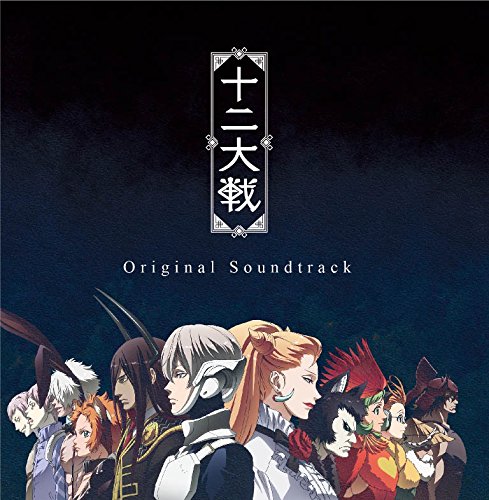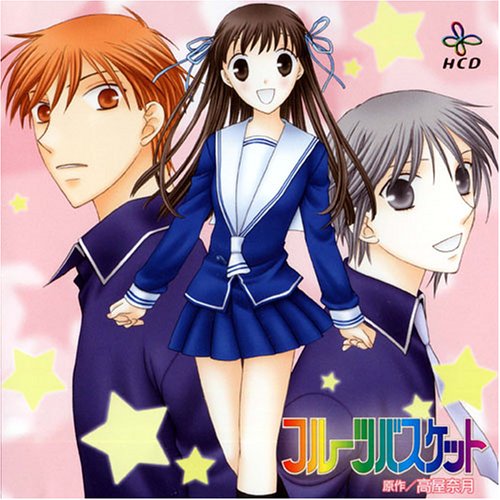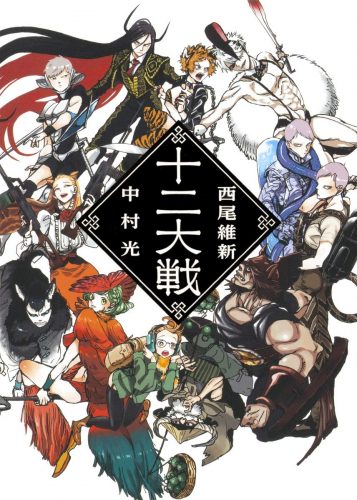
Like many other countries in East Asia, Japan was culturally influenced by China which was the most powerful and culturally significant country in the region for much of history. These influences can be seen in many aspects of Japan, such as architecture, kanji (Chinese-style characters ) in the Japanese language, and the Chinese zodiac. We’ll be going over the basics of this ancient tradition, what makes it special in Japan, and some examples of its manifestations in anime. Hop to it!
Heavenly Origins
Like the Western zodiac, the Chinese zodiac is related to astronomy and time measurement but instead of being based on specific days in a year is split into a repeating 12-year cycle derived from a rough estimation of the orbital period of Jupiter. Starting in the Han dynasty, the years in the 12-year cycle were identified as “Earthly Branches” but were later associated with different animals and deeply tied to various forms of astrology and other superstitions.
The Great Race
An ancient folk story involving the zodiac known as “The Great Race” is the most popular origin story of the animal naming. While there are many variants, the basic tale revolves around the different animals meeting the Jade Emperor, the first god in Daoism and other traditional religions in the region, who then names the years after them. Sometimes the Jade Emperor is simply delighted to meet them for the first time while other stories state he issued them the challenge specifically beforehand. Many variants also include the animals having to cross a great river to reach him.
Despite the results leading to the years of Rat, Ox, Tiger, Rabbit, Dragon, Snake, Horse, Goat, Monkey, Rooster, Dog, and Pig, the other major part of this story is that the Rat either deliberately tricked or forgot to wake up his friend the Cat, leading him to be replaced by the Pig in the final place.
The Japanese Zodiac

Known as the Juunishi in Japan, the zodiac there served a similar purpose in both fortune-telling and timekeeping but swaps out the Goat for the Sheep and the Pig for the Boar. Japan also interestingly still uses the zodiac animals for years but has celebrated the new year on January 1st (Gregorian calendar) since 1873, rather than on Chinese New Year like most neighboring countries, as part of Meiji period modernization initiatives.
Japan also has a few superstitions of their own with regards to the zodiac, such as “Hinoeuma” which are years of the Horse that correspond to the fire element of the five elements (based on the Chinese Wu Xing) which occur every 60 years. It is traditionally believed that women born in these years will have a hot temper and therefore be bad wives, leading superstitious people to avoid giving birth in those years. The last Hinoeuma year (1966), impacted the birth rate in Japan dramatically, decreasing from 2.14 to 1.58! We’ll have to see how 2026 turns out...
The Zodiac in Anime
The tradition has appeared in one or another in a lot of different manga and anime series throughout the years, perhaps most notably with Natsuki Takaya’s iconic shoujo manga Fruits Basket, which is also currently being adapted into an anime series by TMS Entertainment. Fruits Basket focuses on Tooru Honda, an orphaned teenage girl who gets involved with the Soumas, a strange family with a curse that makes them change into their respective zodiac animals when hugged by a member of the opposite sex. Many of the personality traits associated with each zodiac sign are reflected in Fruits Basket’s characters and the Great Race story is also central to the plot, explaining much of Kyou (cat) and Yuki’s (rat) animosity (heheh) towards each other, among other things.
Some other series exploring the Chinese Zodiac concept are Etotama and Juuni Taisen: Zodiac War. Etotama is a ridiculous comedy series with surprisingly great 3DCG combat scenes and super cute characters following Nyaa-tan, a catgirl who is battling the other members in order to try and finally claim her place in the zodiac. Juuni Taisen is actually quite similar to Etotama in concept but trades all cuteness for intense violence and doesn’t include a cat-based character. Instead, each zodiac member is a powerful warrior in an all-out deathmatch vying to receive a wish granted to the victor.
Final Thoughts

It’s always interesting seeing how culture is spread and reinterpreted as it travels and the Eastern zodiac tradition is a great example of that. It also seems like anime can come about from basically anything, slightly esoteric astronomical time measurement systems and otherwise, perhaps best seen with this tradition morphing into an animal-themed murderfest. In any case, we hope you enjoyed this little cultural insight! Please let us know your own thoughts in the comments section below and be sure to stick around Honey’s for more in the future! See you in 12 or so, bye~!

